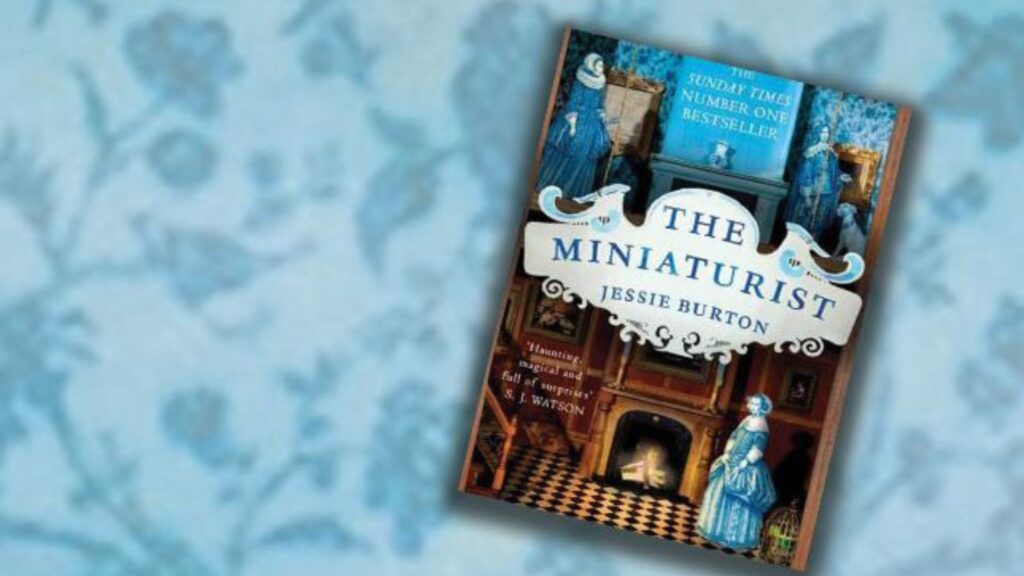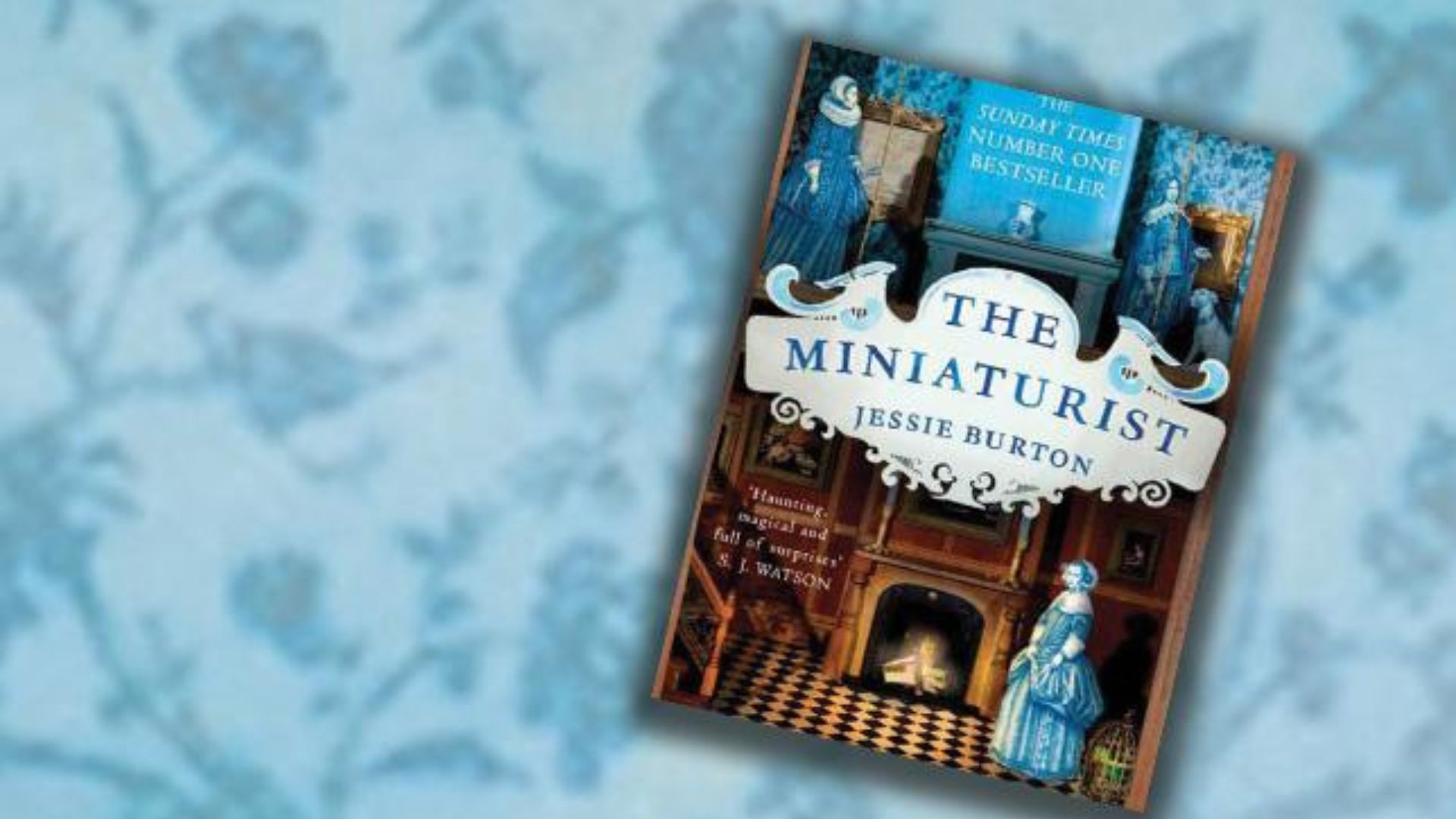Book clubs have been a vital part of literary culture for centuries, fostering reading communities, stimulating intellectual discussions, and providing a space for social connection. But how did book clubs evolve from their early beginnings in the 18th century to the vibrant, diverse reading groups we know today? Let’s take a journey through the history of book clubs, tracing their roots from their humble origins to their modern-day popularity.

The Birth of Book Clubs in the 18th Century
The concept of the book club began to take shape in the 18th century, particularly in Europe, during the Age of Enlightenment. The Enlightenment era, with its emphasis on reason, knowledge, and education, played a pivotal role in fostering intellectual and cultural gatherings—many of which were centered around books.
Early Beginnings:
- The Salon Culture: In France, the intellectual salons hosted by women like Madame de Staël and Marie-Thérèse Rodet Geoffrin became centers for book discussions. Writers, philosophers, and thinkers gathered to exchange ideas and discuss the latest books, giving rise to a culture of literary salons that shared some of the hallmarks of modern book clubs.
- The Edinburgh Book Club (1760s): One of the earliest known book clubs was the Edinburgh Book Club, founded in 1768. This club was a forum for intellectuals to gather and discuss literature, politics, and society. It became a model for other groups, especially in the British Isles.
- The London Literary Circles: London’s coffeehouses, like Garrick’s Coffeehouse, also became venues for book discussions. In the late 1700s, intellectuals would meet at these coffeehouses to discuss the latest books, periodicals, and pamphlets.
Book clubs during this period were often small, exclusive, and attended by intellectuals, but they played a significant role in cultivating reading as a social activity and encouraging collective knowledge.
19th Century: Book Clubs for the General Public
The 19th century saw the rise of the middle class, which meant more people had access to books and education. This democratization of knowledge made book clubs more inclusive and accessible to the general public, rather than just the intellectual elite.
The Rise of Subscription-Based Book Clubs:
- Subscription Circles: In the early 19th century, subscription-based book clubs emerged. These clubs would gather a group of readers, and a book would be chosen for the month. Members would subscribe to receive the book, and often meet to discuss it afterward. This format was particularly popular in the U.S. and Britain.
- The Ladies’ Book Clubs: Women, who had historically been excluded from intellectual discussions, began to form their own book clubs in the 19th century. Many of these groups were centered around family life, domestic novels, and moral stories, but they also allowed women to engage in intellectual discourse. Some early examples include The Woman’s Library in London and various women’s literary societies in the U.S.
- The Circulating Library: Another precursor to modern book clubs, circulating libraries were common in the 19th century. These libraries allowed readers to borrow books for a fee, and they often functioned as informal gathering places for book discussions.
This period marked a shift towards more inclusive, social book clubs that catered to a broader demographic, making books and literary discussions more accessible to people from different walks of life.
Early 20th Century: Book Clubs and Mass Communication
The 20th century brought significant changes to book clubs, largely due to the growth of mass communication, the expansion of public libraries, and the rise of commercial publishing. Book clubs were no longer just for the intellectual elite or women; they became a widespread cultural phenomenon, offering a way for people to engage with books in a social context.
Conclusion
From their origins in the intellectual salons of the 18th century to today’s virtual, genre-specific clubs, book clubs have evolved significantly over time. They have moved from exclusive gatherings to inclusive communities that cater to people of all ages, interests, and backgrounds. Whether in-person or online, formal or informal, book clubs continue to play a significant role in fostering literacy, social connection, and a love for reading. Today, as in centuries past, book clubs remain a space where ideas are exchanged, friendships are formed, and literature continues to enrich our lives.










